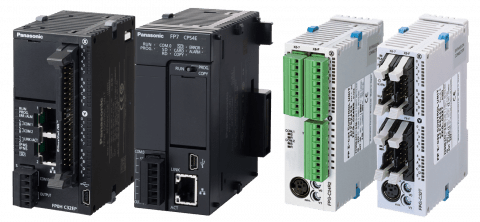
PLC
Programmable Logic Controllers (PLCs) are fundamental components in industrial automation, serving as the brain of complex control systems. They are designed to automate a wide range of processes, from simple tasks to intricate machinery operations, making them essential in industries such as manufacturing, energy, and transportation. For companies that sell industrial sensors, integrating PLCs into their product offerings enhances their ability to deliver comprehensive automation solutions that improve efficiency, reliability, and safety.
PLCs operate by receiving inputs from various sensors, processing the information, and sending commands to actuators and other devices based on pre-defined logic. This allows for real-time monitoring and control of machinery, ensuring that processes run smoothly and efficiently. PLCs are capable of handling a variety of inputs and outputs, including digital and analog signals, which enables them to interface seamlessly with industrial sensors and other automation components.
One of the key advantages of PLCs is their flexibility. They can be easily programmed and reconfigured to accommodate changes in production processes or equipment upgrades, minimizing downtime and maximizing operational efficiency. Additionally, many modern PLCs offer advanced features such as remote access, diagnostic capabilities, and integration with industrial networks, enhancing system monitoring and control.
In conclusion, PLCs are essential for automating and optimizing industrial processes. For companies specializing in industrial sensors, providing reliable and versatile PLC solutions ensures that customers can achieve greater efficiency and accuracy in their operations. By integrating PLCs with industrial sensors and other automation technologies, businesses can enhance productivity, improve safety, and drive significant cost savings in their industrial environments.
